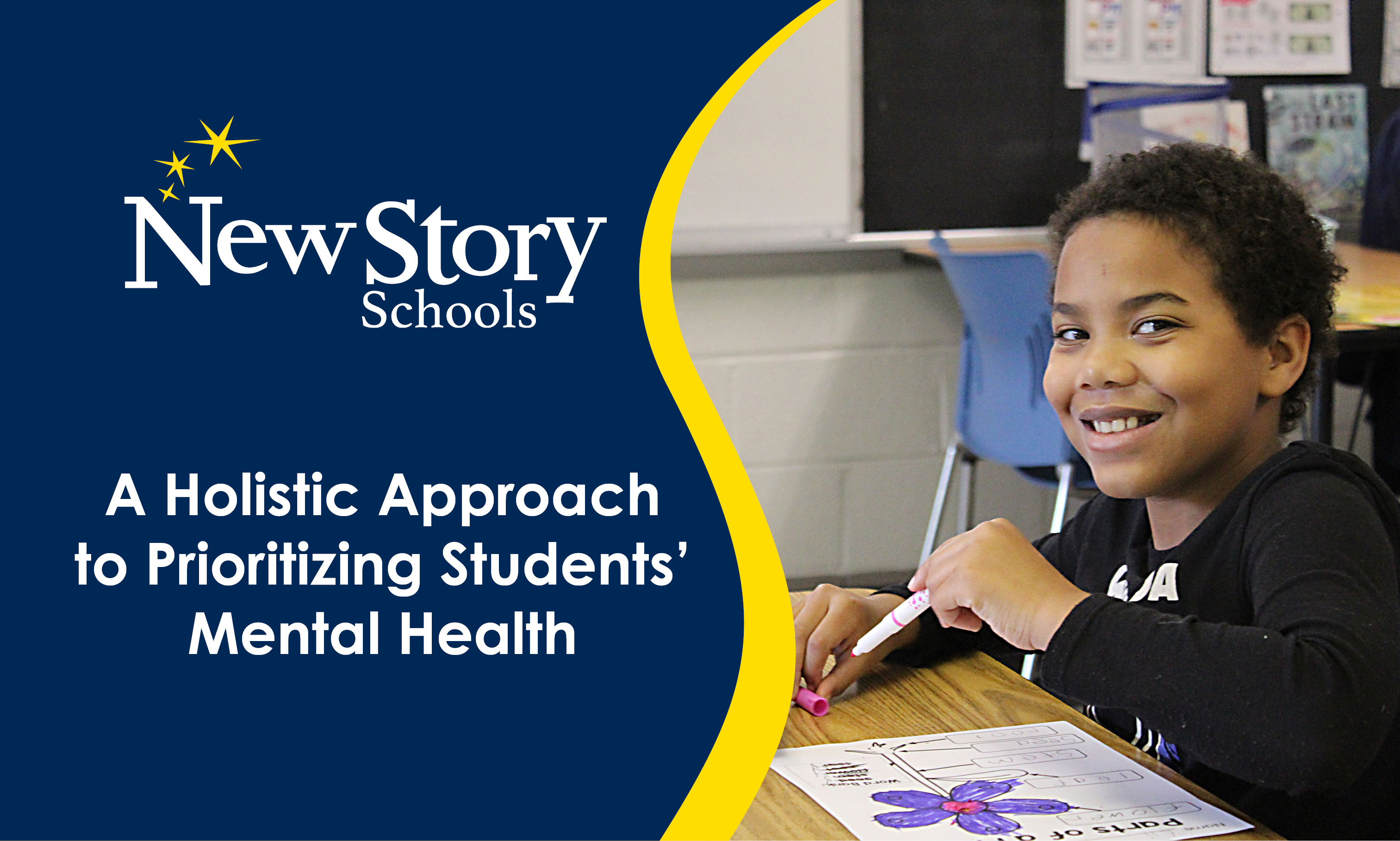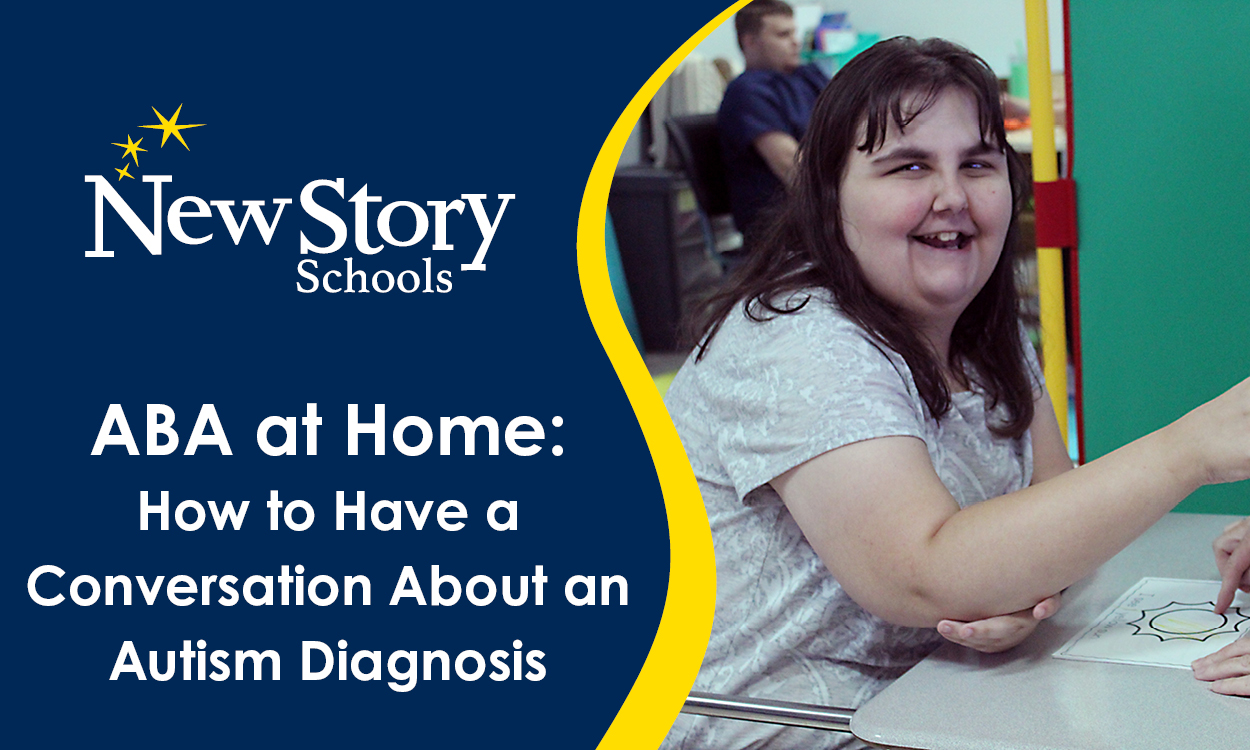Prioritizing Student Mental Health
Posted: June 22, 2023 | Written By: Dr. Jill Blanchard | Category:

Urgent action is required in our education system, particularly concerning student mental health. The poignant stories in recent articles coupled with the astonishing stat that 70 – 80 percent of children who receive mental health services did so in a school setting, make it undeniably clear that without adequate mental health support in schools, students will continue to suffer.
Special education providers have been tackling mental health and emotional challenges for decades, and the growing need for students within and outside special education warrants a hard look at the fragmented support system and how we can improve so it better serves students of all abilities. The disconnected systems of resources currently in place leave caregivers feeling helpless and students unable to access the care they so desperately need. It is imperative that our schools and educational systems adopt a holistic wrap-around strategy that places students at the forefront.
To achieve this, it is crucial to engage a diverse range of stakeholders in our efforts. This includes community partners, districts, educators, mental health providers and experts, local school leaders, and most importantly, families. By fostering a collaborative network of partners committed to student success and wellbeing, we can ensure that students receive comprehensive care tailored to their individual needs.
Removing the stigma associated with seeking mental health support for students is another vital step. Shockingly, 80 percent of children with mental, emotional, or behavioral disorders do not receive the specialized care they require from mental health providers. We must treat mental health with the same significance as physical health, creating an environment where students and families feel comfortable seeking help without judgment or shame. This necessitates a cultural shift in our schools and communities, where mental health is recognized as an integral component of a student's overall wellbeing.
Moreover, we must move away from a resource competition-based system and prioritize the best interests of the student. Our various systems of support must work together to create and scale a continuum of mental health services with a focus on meeting students where they are, and developing mental health interventions based on their specific circumstances and needs. Our instructors and administrators should be equipped with professional development opportunities and tools to incorporate mental health and behavioral support within their classrooms, under the guidance of qualified therapeutic experts.
When the need becomes more acute, integrating floating mental health providers into a public-school setting can add capacity to a district, while providing targeted support to students most in need at that moment in time. As acuity rises, so does the level of support. Creating a robust system where students can move easily within an integrated network of care, embedded into the education system, takes the burden from our families and students, and helps them receive the services they need immediately. As students progress through this continuum, it is integral to sustain elevated levels of support to ensure success at each level of progress. The continuum is more important now than ever before to the success and wellness of our students.
Addressing the student mental health crisis requires a multifaceted approach that acknowledges the complexity of the issue, tackles the lack of adequate resources, and does not shy away from taking on the challenging task of integrating two complex systems at scale: education and healthcare. It is not enough to focus the blame or burden solely on individual students or our educational or mental health systems. It is crucial all entities in these fields work together to create an inclusive environment where all students can thrive and get access to the services they need when they need it most.
I urge policymakers, districts, educators, and community organizations to embrace this holistic vision of mental health support for students. By adopting a comprehensive approach that prioritizes collaboration, reduces stigma, and focuses on creating a continuum of mental health services focused on individual student needs, we can make significant progress in addressing the mental health crisis and promoting the well-being of all students. Our students will continue to suffer if we do not act now. The goal is a common one, we must all work together to devise and act on the best plan possible for the whole child and their very individual needs.
Want to be notified of new articles and resources from New Story Schools? Submit your email and opt into our newsletter!









